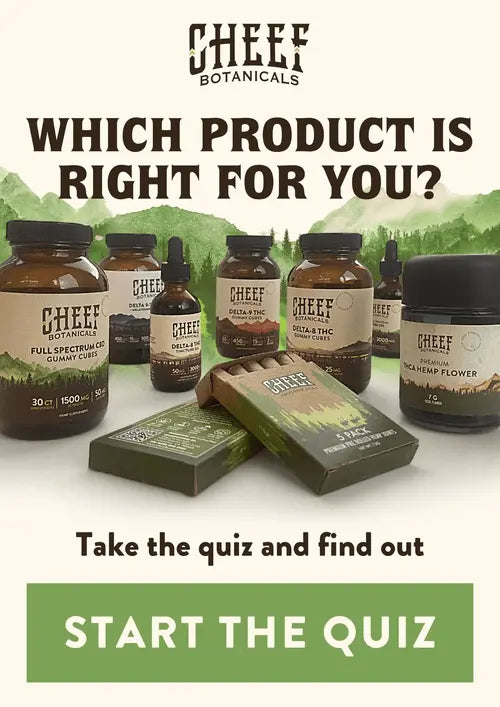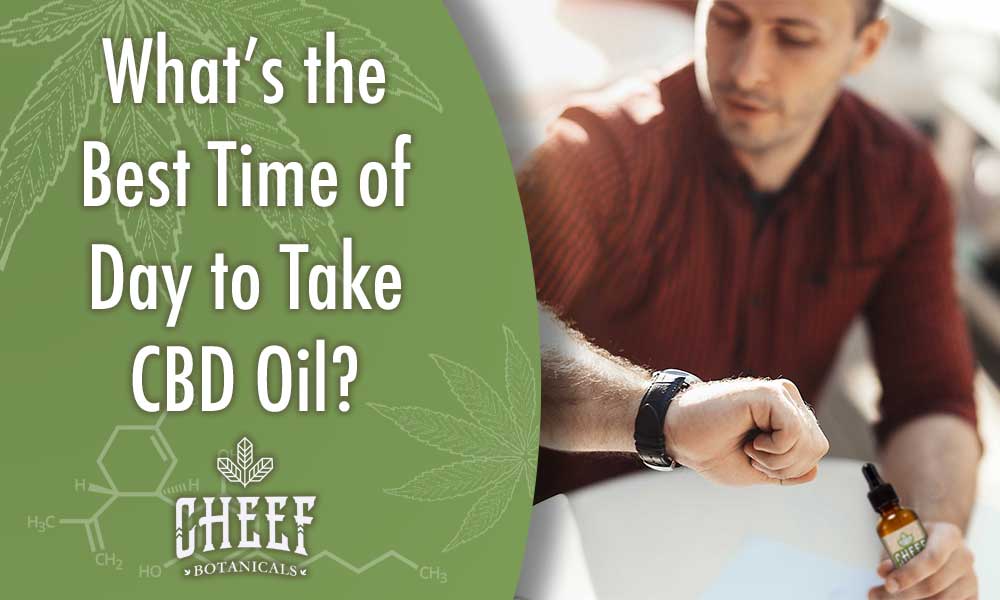What is the Best Carrier Oil for CBD?
Have you ever noticed that different CBD companies will incorporate different oils into their CBD tinctures? Why is this? Of course, one reason is that they need a cutting agent to formulate different strengths or concentrations of CBD. But this doesn’t explain why companies use different types of oil. Is it preference? If not, what is the best carrier oil for CBD?
What Is a Carrier Oil?
To understand what a carrier oil is, it helps to know a bit about CBD concentrations and dosage. First of all, CBD in its pure form is highly concentrated making it difficult for consumers to deal with. CBD concentrates like full-spectrum and broad-spectrum usually come in the form of a thick distillate, while pure CBD isolate is white powder in form.
Related Products: Cheef Botanicals pure CBD isolate powder
Yes, technically you can use concentrates in their raw form, but measuring your dose may prove difficult. Using a carrier oil helps to dilute CBD from its raw form into much more manageable CBD products (for dosage purposes). Using a carrier oil can also make raw CBD forms more palatable for taste buds.
Did you know that carrier oils also help to facilitate CBD more efficiently to your endocannabinoid system (ECS)? It’s true when CBD is infused into an oil-based solution (aka carrier oil), it binds to fat molecules, which makes the CBD more compatible with your digestive tract. Therefore, adding a carrier oil to CBD makes it more efficient.

Common Types
(MCT Oil)
This type of oil mainly comes from coconuts and palm kernel oil. MCT stands for medium-chain triglycerides. The fat molecules in MCT oil are shorter than normal; therefore, they are easier to metabolize.
Consequently, most MCTs are metabolized by the liver which is a concern for anyone with liver disease. Additionally, the normal use of MCTs may cause chemical ketones to build up. Ketone build-up is a concern for diabetics and pre-diabetics.
Hemp Seed Oil
This type of oil is extracted from the hemp seeds of the hemp plant. Not only is hemp seed oil from the same plant as CBD but the seeds are super nutritious for you. Hemp seed oil serves as a great source of healthy fats.
Surprisingly, it contains all 20 amino acids, including the 9 essential ones. It contains essential fatty acids with the optimal ratio (3:1) of omega-6 to omega-3 fatty acids. These healthy fats may help reduce cholesterol and promote a healthy heart.

Sunflower Oil
This oil comes from the seeds of the sunflower plant. It contains vitamins A and E along with polyunsaturated and omega-6 fats. This oil is rich in monounsaturated fats (80%) which makes it healthy for the heart. Sunflower oil is quite inexpensive, which makes it a good option for DIY CBD recipes.
Palm Oil
This consumable vegetable oil comes from the fruit of the African oil palm tree. Like coconut oil, palm oil can also be made into a medium-chain triglyceride oil (MCT oil). The use of palm oil, however, can be a controversial topic due to the negative effects of deforestation. Common cultivation practices for this type of palm tree make it unsuitable as a renewable resource.
There are other types of carrier oils such as avocado, grape seed, pomegranate, and Arnica. Although, the four we listed above seem to be the most popular. So, which CBD carrier oil is the best?
What Is the Best Carrier Oil for CBD?
As you can see, each type of carrier oil comes from a different plant. Additionally, each oil may have its own pros and cons. Some carrier oils may do better with certain CBD applications. Overall, however, we believe hemp seed oil is the best carrier oil for CBD.
First of all, it comes from the same plant that CBD comes from. Arguably, hemp is one of the most well-rounded healthy oils out there. It is the only oil with the optimal 3:1 ratio of fatty acids, earning it the title of "Nature's most perfectly balanced oil". Hemp seeds have almost as much protein as the soybean and they contain many antioxidants and minerals.
Furthermore, hemp plant cultivation is said to be a green renewable resource. In fact, some ecologists believe hemp could be the ultimate renewable source of energy. It grows tall and fast, which means the turnaround time for crops is speedy.
Surprisingly, the hemp plant may even help clean up contaminated soil and even absorb radiation. Plus, every part of the hemp plant can be used. Hemp supposedly has more than 50,000 uses. What a wonderful plant!
View All Cheef Botanicals (Hemp Seed Oil Infused) CBD Tinctures Here!


 CBD Gummies - Top Seller
CBD Gummies - Top Seller
 CBD + THC Gummy - Excellent Choice
CBD + THC Gummy - Excellent Choice
 CBD Hemp Flower - Highly Rated
CBD Hemp Flower - Highly Rated
 Full Spectrum CBD Oil - Good Value
Full Spectrum CBD Oil - Good Value


Leave a comment
This site is protected by hCaptcha and the hCaptcha Privacy Policy and Terms of Service apply.